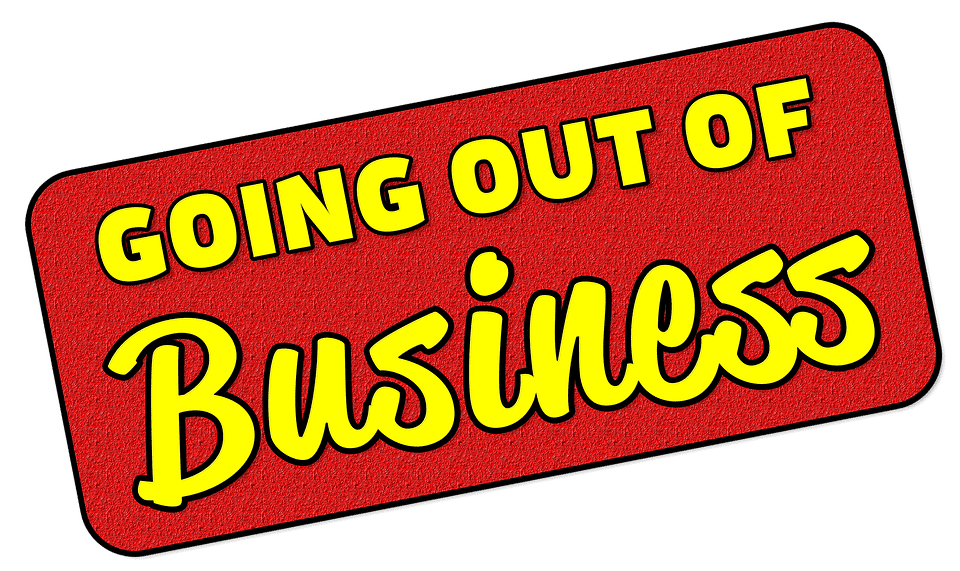Although I have always questioned the value of the maker market, I was really disappointed to hear the announcement that Maker Media is closing. Make magazine and the Maker Faires have been the peak of the maker movement, and to think that there is a chance that it’s all over is sad. I am hopeful that someone will decide to rescue the publication and the events, but so far no one has stepped forward.
To make things even worse, this isn’t a surprise: a month ago the San Jose Mercury News reported, during the last Maker Faire, that the company was experiencing financial challenges. It looks like these challenges were too great to overcome.
Despite attracting tens of thousands to the last Maker Faire, the numbers just don’t add up for the company. You could choose to blame Microsoft and Autodesk, who have previously supported events but chose not to contribute the last one in Silicon Valley, but perhaps it would be more reasonable to applaud their support in prior years.
We think the reality is that marketers have finally realised that not all makers are potential high-value customers. In fact, most makers are never going to spend lots of money as they are simply pursuing their hobby and have no intention of forming the next unicorn start-up.
For a while makers were the ‘darlings’ of B2B tech marketers. “If Pebble can grow so big, why can’t every maker do the same?” hoped many. The reality is that there were hundreds of reasons why most makers were not going to develop their hobby into a large business, which pretty much can be boiled down to either that they didn’t want to, or that it is simply unbelievably, incredibly hard to start a hardware business and most that try won’t succeed.
It’s not the first time that marketers have looked at the world through rose-tinted spectacles, and I’m sure that there will be other markets in the future that are viewed in the same positive, pinkish glow. The immediate question, however, is whether it’s all over for the maker market. Despite being a bit of a cynic about makers, my answer is an emphatic “NO”.
Yes, marketers got over-enthusiastic about the maker market. Yes, they spent money that they probably won’t get back chasing the “hobbyist makers”, but I still believe that there is part of the maker community that can, and will, create fabulous companies that ship products in high volume.
The challenge is finding these “professional makers” who have an interest in developing ideas commercially and helping them achieve their dreams. They are a very small subset of the total maker community, so sifting them out from the hobbyists and giving them the special attention they deserve will be a challenge for marketers in the coming months. If this is done well, then there is still an opportunity for many companies to serve the hobbyist maker market: despite the low volumes that they buy, this community is only likely to grow, and I am sure a lot of companies will run successful and profitable campaigns to hobbyists by optimising costs.
Will this all be enough to drive someone to rescue Maker Media? Personally, I really hope that it will. I’ve even had a dig down the back of the sofa to see if I could get some funds together, but it looks like my teenage kids might have already found the treasure that I am sure was there.

